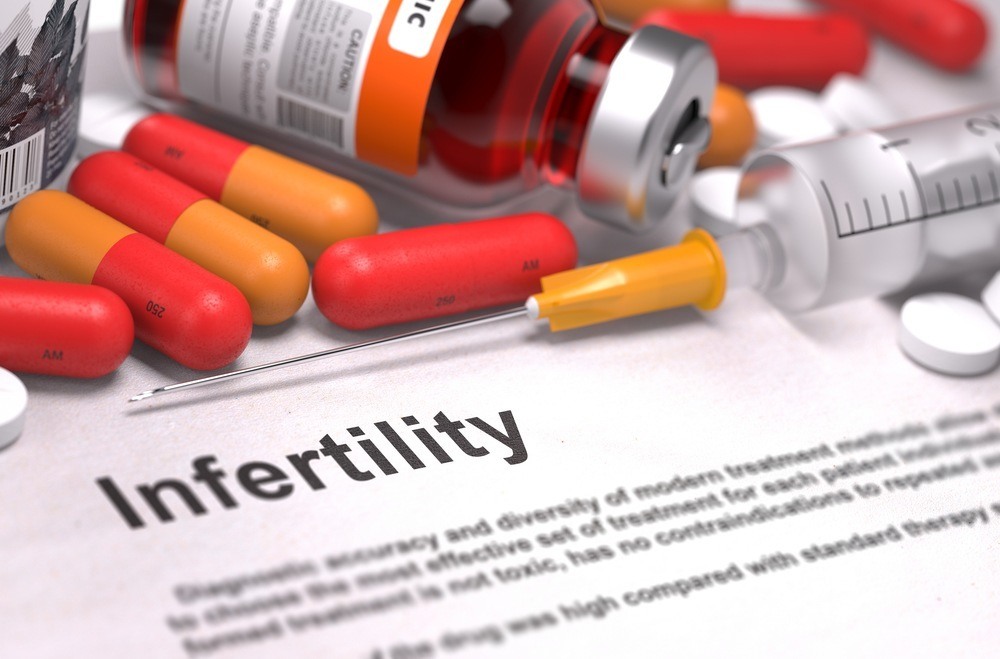Side Effects of Chemotherapy
Chemotherapy can have both life-saving benefits and life-altering side effects. It can slow cancer growth by destroying cancerous cells, yet it also can harm and destroy healthy cells in the process. For males, side effects of chemotherapy can include a reduction in the amount of sperm they are able to produce and a decreased ability for their sperm to fertilise an egg.
In a recent study, HNG (a humanin analogue) was tested in male mice who were undergoing chemotherapy to measure whether it could protect sperm output, spermatogonial stem cells, and other specific cell types called peripheral leucocytes. What is a humanin analogue is and what does it have to do with sperm cells?
HNG’s Relationship to Fertility
In the simplest terms, humanin is a peptide that protects cells from stress. HNG (S14G-humanin) is a humanin analogue that can help protect normal cells from chemotherapy-induced damage. The good news for individuals undergoing cancer treatment is that HNG can protect normal cells while improving the suppression of cancer in male mice. In recent studies, HNG also reduced the spread of cancer cells to other organs in the body. Researchers are hoping that these results can be reproduced in studies with human subjects.
HNG research was conducted at the University of Southern California and by researchers at Los Angeles Biomedical Research Institute (LA Biomed). The December issue of Endocrinology details the results of the study in greater detail (Endocrinology. 2015 Dec;156(12):4511-21).
Overall, the results are promising, as HNG’s ability to protect normal cells and improve cancer suppression in mice may one day apply to humans. Though there is much more research to be done, it is a positive step that may provide a bit of hope to chemotherapy patients and their partners.

